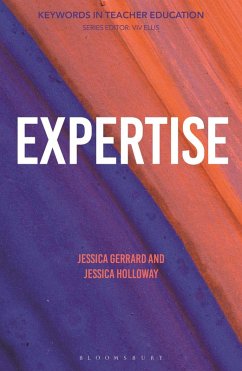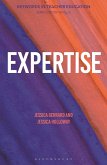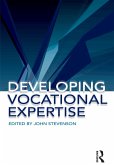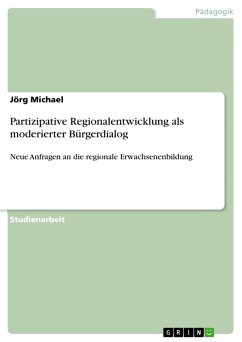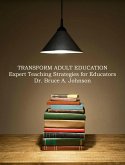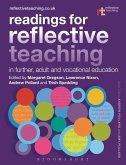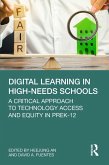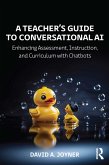This book offers an important and timely critique of expertise, showing how it is a 'keyword' shaped by social, historical, and political debates about what counts as knowledge and truth, and who counts as experts. Using teacher expertise as an illustrative case, Jessica Gerrard and Jessica Holloway reflect on recent events, including COVID-19 and the climate crisis, to examine how expertise is never neutral, objective, or fixed. They argue that 'getting political' is not just an inevitable part of teacher expertise, but a necessary basis of any claim to it.
Across the chapters, Expertise explores how expertise is socially constructed in relation to governance, uses of data and evidence, understandings of ignorance and the unknown, and - ultimately - power. Using contemporary and historical examples from international contexts, the authors address the political positioning of expertise and how this creates boundaries between who is an expert and who is not, and what is (and is not) expertise. Gerrard and Holloway argue that ongoing policy debates about teacher expertise cannot be resolved by neutral definitions of 'good teaching'. Rather, expertise is unavoidably political in its expression.
Across the chapters, Expertise explores how expertise is socially constructed in relation to governance, uses of data and evidence, understandings of ignorance and the unknown, and - ultimately - power. Using contemporary and historical examples from international contexts, the authors address the political positioning of expertise and how this creates boundaries between who is an expert and who is not, and what is (and is not) expertise. Gerrard and Holloway argue that ongoing policy debates about teacher expertise cannot be resolved by neutral definitions of 'good teaching'. Rather, expertise is unavoidably political in its expression.

